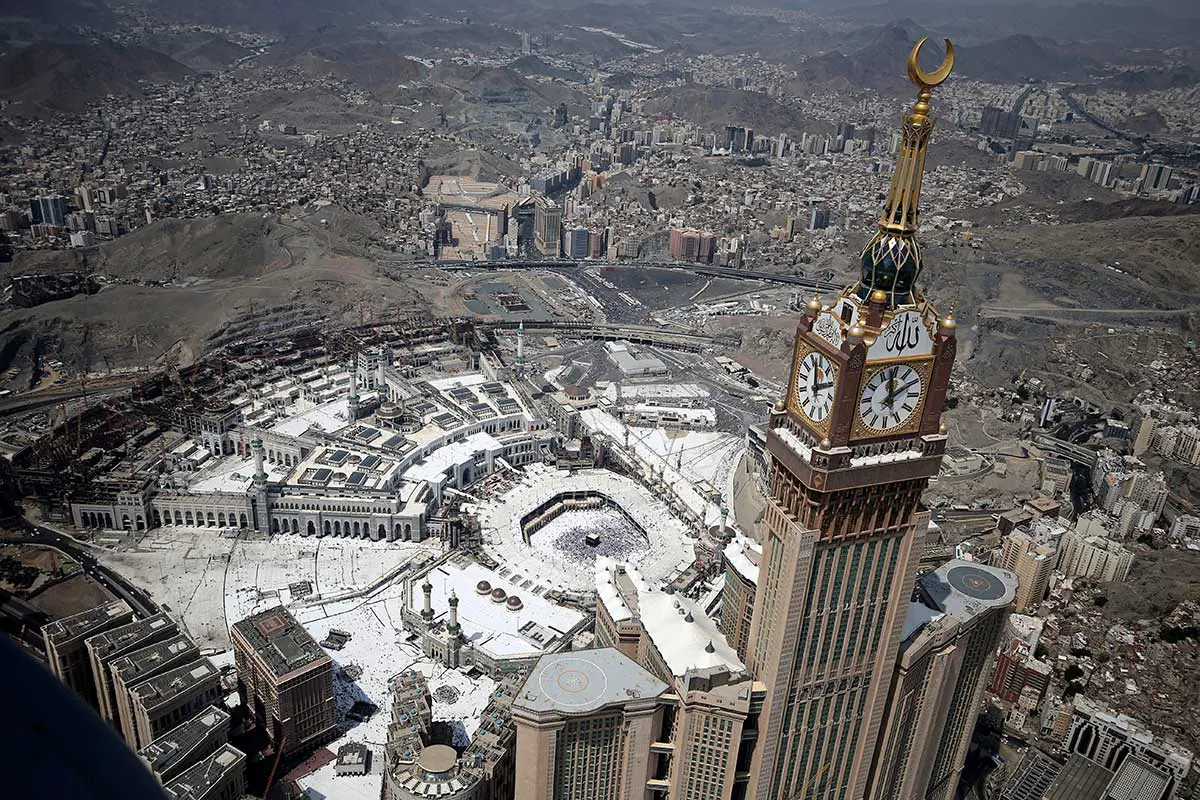
Makkah, Kingdom of Saudi Arabia – In a move to further streamline preparations for Hajj 2025 and ensure adherence to Hajj permit regulations, the Saudi Ministry of Tourism has issued a firm directive to all hospitality establishments in Makkah. Effective April 29, 2025 (Dhul Qada 1, 1446), these establishments are prohibited from providing accommodation to individuals who do not possess a valid Hajj permit or an official entry permit for work or residence within the holy city during the Hajj season. This announcement, coinciding with earlier warnings from the Ministry of Interior regarding entry restrictions, underscores the Kingdom's unwavering commitment to an organized and secure Hajj.
Hajj 2025: Tourism Ministry Enforces Hajj Permit for Accommodation in Makkah
The latest directive from the Ministry of Tourism amplifies the existing stringent measures aimed at managing the influx of pilgrims for Hajj 2025. By mandating that only those with a legitimate Hajj permit or authorized residency/work permits can be accommodated in Makkah, the Ministry seeks to prevent unauthorized individuals from overwhelming the city's resources and potentially disrupting the pilgrimage for those who have followed the official procedures. This proactive approach is crucial for maintaining order and ensuring the comfort and safety of all legitimate Hajj participants.
Accommodation Restrictions Tied to Hajj Permit Validity
The Ministry of Tourism's instruction explicitly links the provision of accommodation in Makkah to the possession of a valid Hajj permit or an official entry permit. This means that hotels, apartments, and other lodging facilities within the holy city must verify the documentation of their guests starting April 29, 2025, and refuse accommodation to those who cannot present the required permit.
This measure is designed to:
- Prevent overcrowding in Makkah during the peak Hajj season.
- Ensure that resources are primarily allocated to those who are officially registered to perform Hajj 2025.
- Support the overall security and organizational efforts of the Saudi authorities.
- Discourage individuals from attempting to perform Hajj without the necessary Hajj permit.
The directive will remain in effect until the conclusion of the Hajj season, ensuring consistent enforcement throughout the pilgrimage period.
Alignment with Ministry of Interior's Entry Restrictions for Hajj 2025
This announcement from the Ministry of Tourism closely follows the Ministry of Interior's notification on April 12, 2025, which stated that from Tuesday, April 29, 2025, individuals holding any type of visa other than a Hajj visa will not be permitted to enter or remain in Makkah. The synergy between these directives from two key government ministries highlights a unified and comprehensive strategy for managing Hajj 2025.
The Ministry of Interior's regulations focus on controlling access to Makkah at entry points, while the Ministry of Tourism's directive extends these controls to accommodation within the city. Together, these measures create a robust system to ensure that only authorized individuals with a valid Hajj permit or legitimate reasons for being in Makkah during Hajj are present.
Tasreeh Platform: A Unified System for Hajj Permit Issuance
In a significant move towards leveraging technology for efficient Hajj management, the Saudi government, in partnership with the Saudi Data and Artificial Intelligence Authority (SDAIA), has launched the Tasreeh Platform. This unified digital system is designed for the issuance of Hajj permits and other essential authorizations for Hajj 2025.
Streamlining Hajj Permit Acquisition for Domestic and International Pilgrims
The Tasreeh Platform serves as a central hub for processing and issuing licenses and permits that authorize both domestic and international pilgrims to enter Makkah and the holy sites for Hajj 2025. By integrating with the Ministry of Hajj and Umrah through the existing Nusuk platform, Tasreeh aims to simplify and expedite the Hajj permit application and issuance process.
Key benefits of the Tasreeh Platform include:
- Enhanced Integration: Facilitates seamless technical integration among various government and service agencies involved in managing Hajj.
- Standardized Procedures: Organizes and coordinates procedures during the Hajj season, ensuring consistency and efficiency.
- Improved Service Delivery: Contributes to providing high-quality services to pilgrims, enabling them to perform their rituals with greater ease and comfort.
- Unified System: Offers a single platform for all Hajj permit related processes, reducing complexity for pilgrims and authorities alike.
Facilitating Entry for Workers and Vehicles Involved in Hajj 2025
Beyond pilgrims, the Tasreeh Platform also streamlines the process for issuing entry permits to workers and volunteers who are essential for Hajj activities, as well as the vehicles transporting them. This ensures that all personnel and logistical support required for a successful Hajj 2025 are properly authorized and can access Makkah and the holy sites efficiently.
These permits can be conveniently viewed through the national application Tawakkalna, providing a digital and easily verifiable form of authorization for workers and volunteers.
Functions of the Tasreeh Platform: Enhancing Hajj Management
Developed through a collaborative effort involving SDAIA and all government agencies involved in serving Hajj pilgrims, the Tasreeh Platform performs several critical functions aimed at optimizing the Hajj experience for all stakeholders.
Key Functions of the Tasreeh Platform:
| Function | Description | Benefit for Hajj 2025 |
|---|---|---|
| Enhances Technical Integration | Facilitates seamless data exchange and communication between various government and service agencies involved in Hajj management. | Improves coordination and efficiency in service delivery, security management, and logistical operations for Hajj 2025. |
| Standardizes, Organizes, and Coordinates Procedures | Establishes uniform processes for various aspects of Hajj, from permit issuance to pilgrim movement and service provision. | Reduces confusion, minimizes delays, and ensures a more consistent and predictable experience for pilgrims during Hajj 2025. |
| Contributes to Delivering High-Quality Services | Provides the technological infrastructure to support the delivery of efficient and effective services to pilgrims throughout their Hajj journey. | Enables better resource allocation, quicker response to pilgrim needs, and an overall enhanced level of care and support during Hajj 2025. |
| Facilitates Permit Issuance for Pilgrims, Workers, and Vehicles | Offers a unified digital system for applying for and receiving various types of permits required for Hajj, including pilgrim Hajj permits and entry permits for workers and vehicles. | Simplifies the permit acquisition process, reduces bureaucratic hurdles, and ensures that all authorized individuals and resources can access Makkah and the holy sites smoothly for Hajj 2025. |
Maidan Application: Enabling Real-Time Permit Verification
A crucial component of the Tasreeh Platform ecosystem is the Maidan application. This innovative tool empowers security personnel stationed at Makkah's entry points to automatically read and verify the authenticity of Hajj permits presented by individuals.
Streamlining Entry Point Security with Digital Verification
The Maidan application represents a significant advancement in the use of technology to enhance security and efficiency at entry points to Makkah during Hajj 2025. By enabling real-time digital verification of Hajj permits, the application helps to:
- Expedite the entry process for legitimate pilgrims.
- Quickly identify individuals attempting to enter Makkah without a valid Hajj permit.
- Reduce the potential for congestion at checkpoints.
- Improve the overall security of the Hajj pilgrimage.
The integration of the Maidan application with the Tasreeh Platform creates a seamless system for Hajj permit issuance and verification, from the initial application to on-the-ground enforcement.
Innovative Technology for Hajj Management: A Model for Efficiency
The Tasreeh Platform and its associated Maidan application exemplify the Saudi government's commitment to leveraging innovative technological solutions to enhance the management of the Hajj pilgrimage. This integrated system offers greater flexibility and speed in issuing licenses and permits through seamless collaboration across all relevant agencies.
Benefits of Technological Integration for Hajj 2025
The adoption of these advanced technological tools for Hajj 2025 offers numerous benefits:
- Increased Efficiency: Streamlines processes related to permit issuance, verification, and overall Hajj administration.
- Enhanced Security: Improves the ability to control access to Makkah and the holy sites, ensuring a safer environment for pilgrims.
- Greater Transparency: Provides a clear and auditable system for permit management.
- Improved Pilgrim Experience: Contributes to a more organized and less stressful pilgrimage by reducing bureaucratic hurdles and delays.
- Data-Driven Decision Making: Enables authorities to gather and analyze data to further optimize Hajj planning and execution in future years.
The Tasreeh Platform serves as a model for how innovative technology can be effectively utilized to manage large-scale events like the Hajj, ensuring efficiency, security, and a better experience for all participants.
Implications for Pilgrims and Hospitality Establishments for Hajj 2025
The combined effect of the Ministry of Tourism's accommodation directive and the Ministry of Interior's entry restrictions, supported by the Tasreeh Platform and Maidan application, has significant implications for both pilgrims and hospitality establishments in Makkah for Hajj 2025.
Pilgrims Must Possess Valid Hajj Permits
Prospective pilgrims for Hajj 2025 must ensure they have obtained a valid Hajj permit through the official channels. Without this permit, they will not only be denied entry into Makkah starting April 29, 2025, but they will also be unable to secure accommodation within the holy city during the Hajj season.
It is crucial for pilgrims to:
- Apply for Hajj permits well in advance through the Nusuk platform, which integrates with Tasreeh.
- Ensure that their visa type is a valid Hajj visa.
- Carry their Hajj permit at all times, either physically or digitally via the Tawakkalna application.
Hospitality Sector to Enforce Permit Regulations Strictly
Hospitality establishments in Makkah bear a significant responsibility in enforcing the new accommodation regulations for Hajj 2025. Starting April 29, 2025, they must:
- Verify the Hajj permit or official entry permit of all individuals seeking accommodation.
- Refuse accommodation to those who cannot provide the required documentation.
- Cooperate fully with the authorities in implementing these regulations.
Failure to comply with these directives could result in penalties and legal repercussions for the hospitality establishments. This strict enforcement is essential to support the overall objectives of a well-managed and secure Hajj 2025.
The Saudi Ministry of Tourism's directive on accommodation, coupled with the Ministry of Interior's entry restrictions and the implementation of the Tasreeh Platform, demonstrates a comprehensive and coordinated effort by the Saudi authorities to ensure a successful and secure Hajj 2025. By prioritizing the validity of the Hajj permit and leveraging innovative technology for permit issuance and verification, the Kingdom is taking proactive steps to manage the immense logistical and security challenges associated with this annual pilgrimage.
Pilgrims are urged to adhere strictly to all official guidelines and ensure they possess a valid Hajj permit to participate in this sacred ritual. Hospitality establishments in Makkah play a crucial role in supporting these efforts by diligently enforcing the accommodation regulations. Through this collective commitment, the aim is to facilitate a smooth, safe, and spiritually enriching Hajj 2025 for all authorized pilgrims. The central role of the Hajj permit in these regulations cannot be overstated, as it serves as the key to both entry into Makkah and access to essential services like accommodation during the pilgrimage.
;More Travel News
-
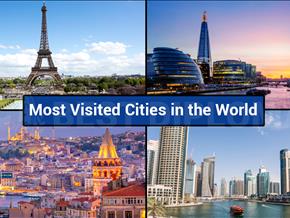 29-Mar-2019The Top 25 Most Travelled Places in the World
29-Mar-2019The Top 25 Most Travelled Places in the World -
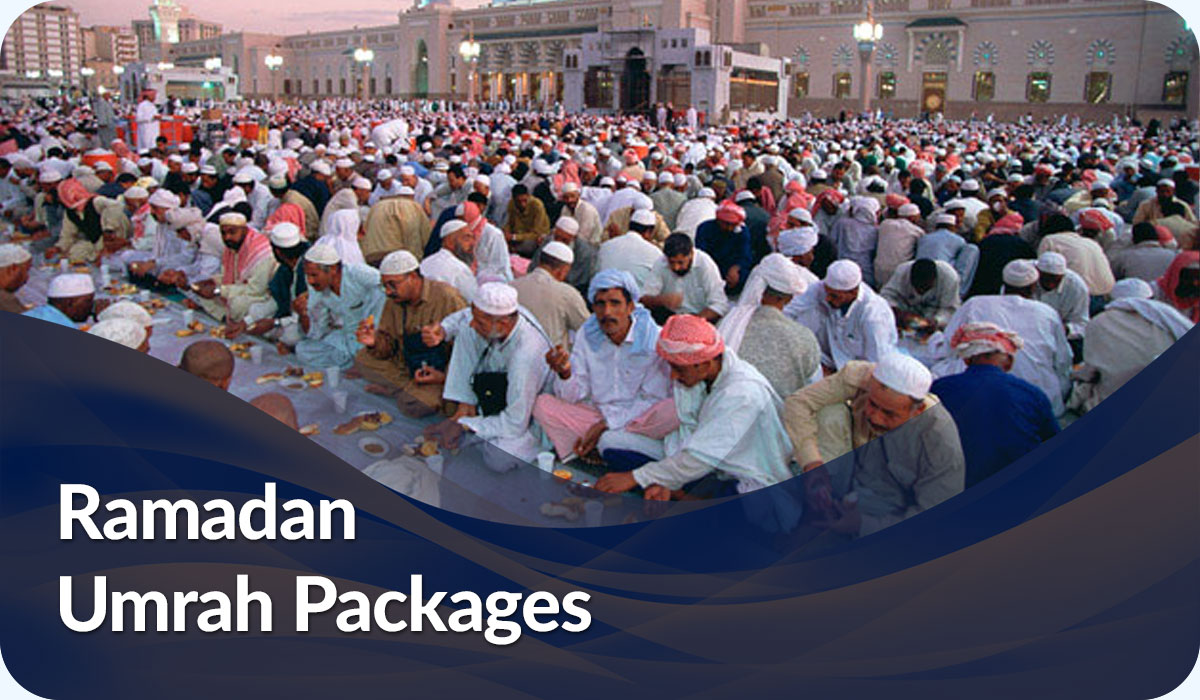 25-Feb-2025Limited Offer! Ramadan 2025 Umrah Packages with Flights & Hotels – Book Now with Trips.pk
25-Feb-2025Limited Offer! Ramadan 2025 Umrah Packages with Flights & Hotels – Book Now with Trips.pk -
 18-Jan-2022Canada Immigration Process for Pakistan
18-Jan-2022Canada Immigration Process for Pakistan -
 04-Aug-2021ICA approval for UAE flights How residents can apply
04-Aug-2021ICA approval for UAE flights How residents can apply -
 16-Apr-2025New travel and access rules released for Makkah in preparation for Hajj 2025.
16-Apr-2025New travel and access rules released for Makkah in preparation for Hajj 2025. -
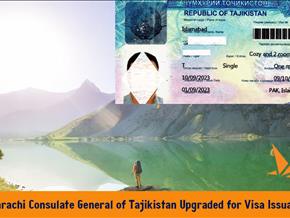 12-Jan-2025Karachi Consulate General of Tajikistan Upgraded for Visa Issuance
12-Jan-2025Karachi Consulate General of Tajikistan Upgraded for Visa Issuance -
 13-Jul-2020Explore The Top 5 Culturally Rich Festivals of Kalash in Pakistan
13-Jul-2020Explore The Top 5 Culturally Rich Festivals of Kalash in Pakistan -
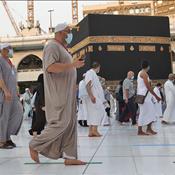 25-Aug-2023Saudi Arabia and Pakistan Forge New Agreement to Enhance Pilgrim Experience and Ease Costs
25-Aug-2023Saudi Arabia and Pakistan Forge New Agreement to Enhance Pilgrim Experience and Ease Costs
